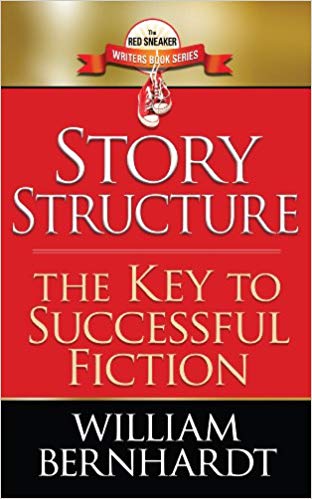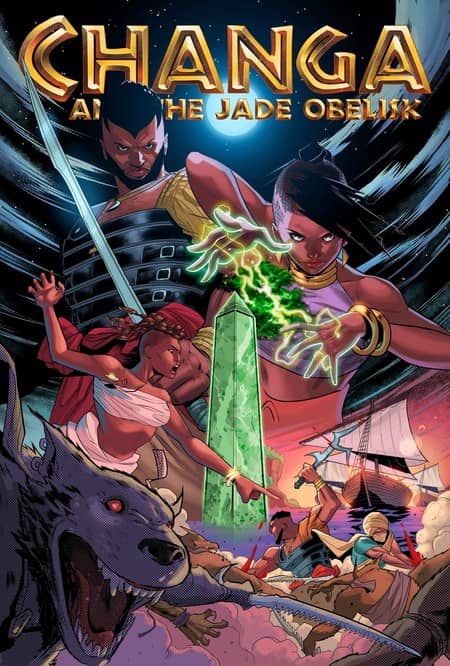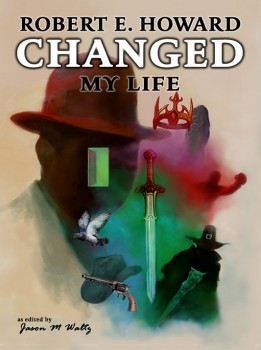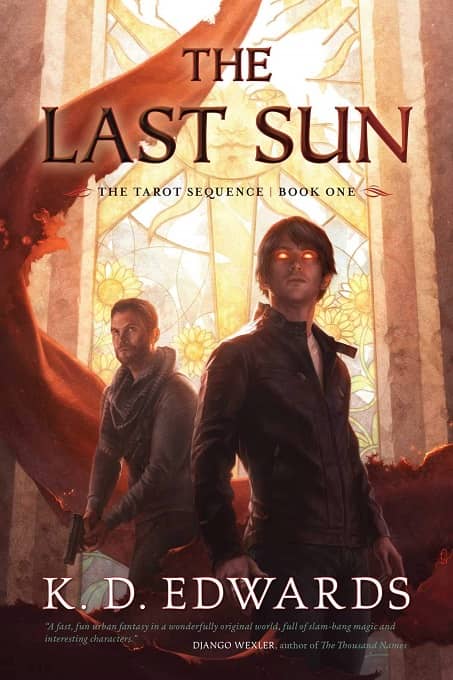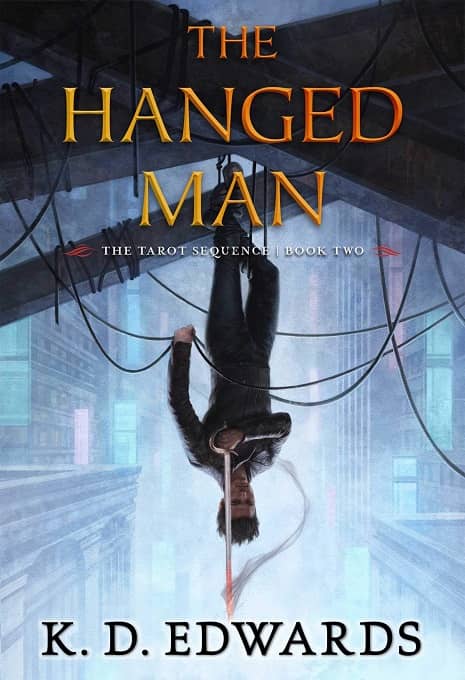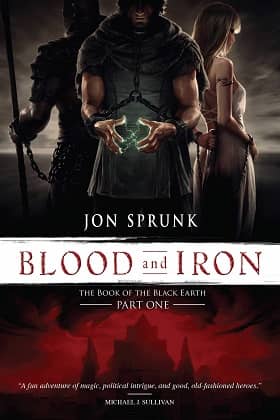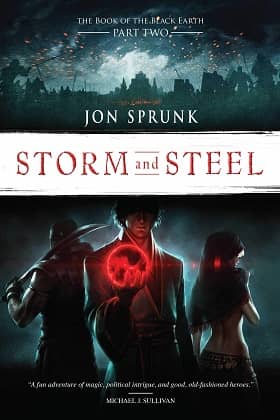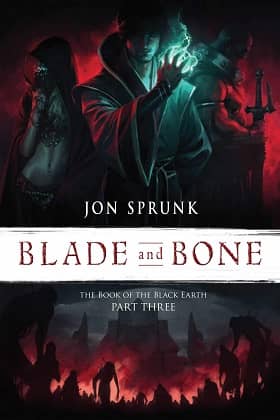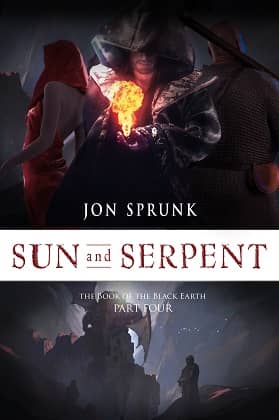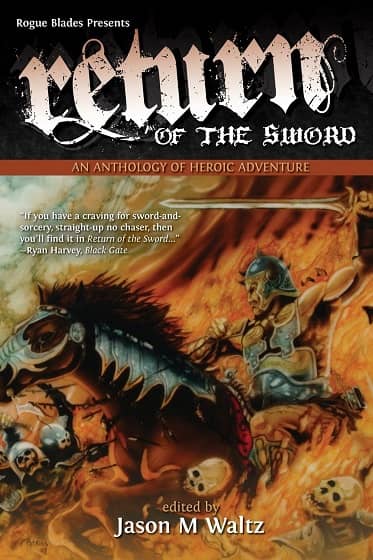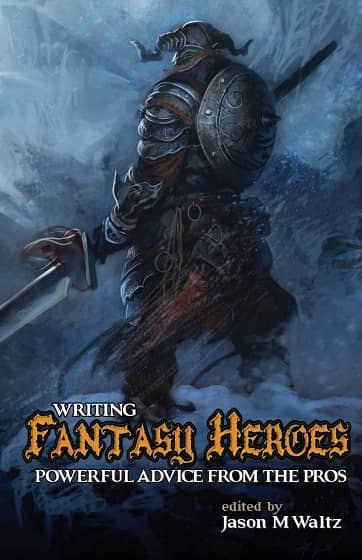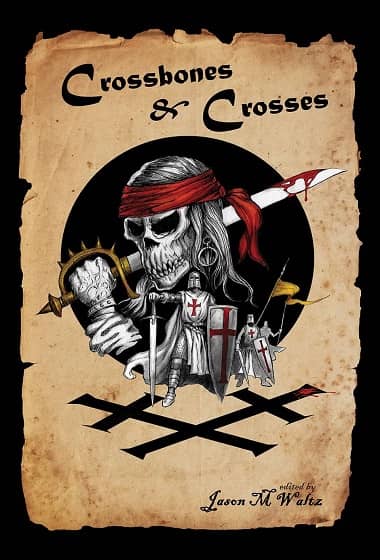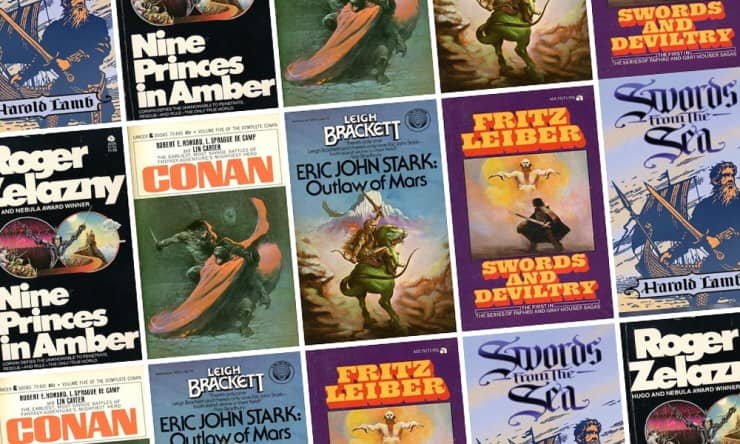Musing on a Writer’s Ambition

I’ve always wanted a proper fountain pen. I still don’t have one. I should fix that.
Good morning, Readers!
This blog post is personal to me and my experience with writing and publishing, but I thought a few of you might be able to relate.
I am, despite my better judgement or desire, an ambitious person. I try not to be. Or at least, try not to be so ambitious. I try to find contentment where I am. I struggle to, however.
You see, I don’t think my ambitions are all that great. I don’t want millions of dollars. All I really want is for my writing to reliably sustain me. That it pays my bills, and even gives me a little left over for fun things like travel… and the ability to support my video gaming and artistic hobbies. In publishing, however, that is one hell of an ambition. Even published and celebrated authors are forced to work outside of writing to feed, clothe and house themselves.
There’s not much money in publishing, to be frank.
Sure, some writers hit it big. People looking on, who might not know what it’s like in the trenches, would be forgiven in assuming that writers are doing far better than they are, what with such high profile authors out there. Those authors, however, a rare. The vast majority of us, published or not, languish in the dark, having to work elsewhere in order to support ourselves and our writing.
In my case, I work a full-time job as a receptionist and a side-job as a martial arts instructor.
Or I did. Before the plague.
